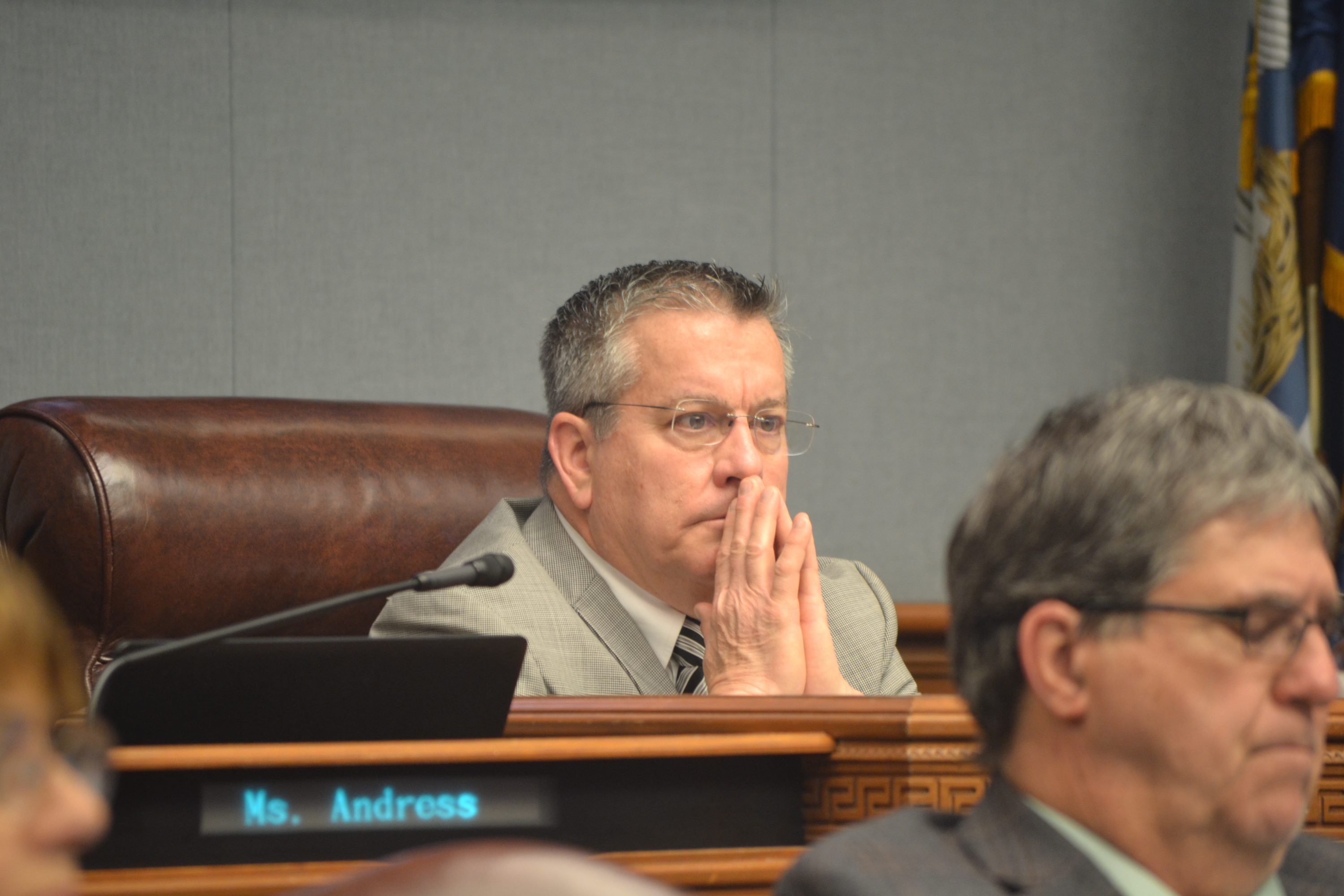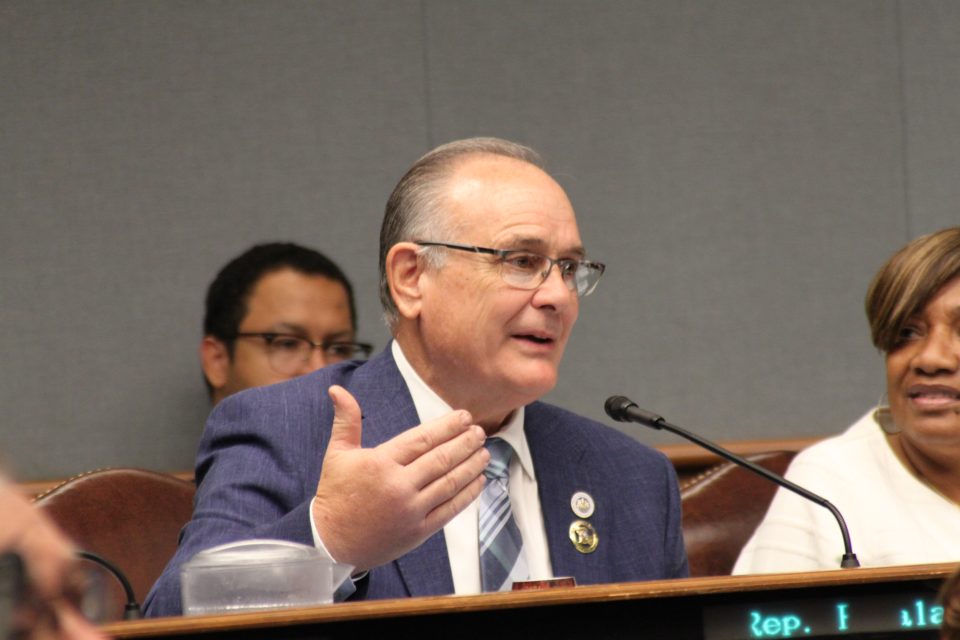Adult Webcam Site Announces Bid For Naming Rights to the Superdome
May 21, 2020
Business First Bancshares, Inc. Completes Acquisition of Pedestal Bancshares, Inc.
May 21, 2020By Maria Marsh, LSU Manship School News Service
BATON ROUGE– A House committee on Thursday pushed forward a package of bills that closely reflected the revised budget plan that Gov. John Bel Edwards presented in response to a loss of more $1 billion in revenue from the coronavirus shutdown.
The House Appropriations Committee advanced without objection a spending plan that would allocate nearly $1.2 billion of federal aid dollars from a COVID-19 relief act to prevent harsh budget cuts that many Louisianans feared would be a byproduct of the pandemic.
The plan would not only balance this year’s budget but also alleviate much of the nearly $900 million in budget cuts that legislators had feared would be needed in the next fiscal year, which starts July 1.
But the plan still includes a $22 million cut to higher education, a $40 million cut to the Louisiana Department of Health and smaller cuts to other services. Higher education and healthcare tend to receive the most cuts because the state constitution and laws mandate many other expenditures. TOPS scholarships, however, would remain fully funded.
Edwards had proposed a budget prior to the outbreak that would have boosted funding for higher education by $35 million and added $25 million for early childhood education. He also had proposed $1,000 pay raises for K-12 teachers for the second year in a row.
But he had to drop all those plans for spending increases after the virus hit and the economic shutdown slashed projected tax collections.
Edwards and House budget leaders were often at odds in recent years on how to raise and spend money. But Jay Dardenne, Edwards’ commissioner of administration, said he and Rep. Jerome “Zee” Zeringue, R-Houma and the new appropriations chairman, were almost entirely on the same page in their budget plans.
“We agree on a lot more than we disagree,” Dardenne said.
Republicans also were impressed at how Dardenne had figured out how to maximize the revenue that the state could draw from the federal COVID-19 relief act. The money can be used only for virus-related expenditures, and Dardenne said the state will receive $1.8 billion in federal aid.
“This seems like very good news,” Rep. Gary Carter, D- New Orleans, said. “We were expecting some drastic measures that may have to be taken in the budget. I’m just so pleased.”
While the plan was a rare moment of bipartisanship, there was a point of contention during a discussion on Medicaid.
Rep. Tanner Magee, R-Houma and the second-ranking Republican in the House, said he does not feel that he was presented with enough information from the administration about this and other topics to feel confident in making a decision.
“We’re changing the formula in which hospitals are being paid or reimbursed– whatever you’d like to call it,” Magee said. “We’re rolling out all of these programs, and nobody wants to seem to complain that we’re not getting enough information.”
Magee noted his growing frustrations over the past weeks at a lack of information that he feels that legislators are receiving from the Edwards administration and other offices, like the Louisiana Health Department.
“I really don’t know, and I want to know,” he said. “I want to be able to inform my constituents on that. Because really when we talk about ‘public access,’ I am the public access. They elected me.”
The full House will begin debate on the budget Tuesday and will send whatever it passes to the Senate. The Legislature must pass a budget before the new fiscal year begins on July 1.
If it cannot pass it by the time this session ends on June 1, lawmakers or the governor will have to call a special session in June to finish working on it.








